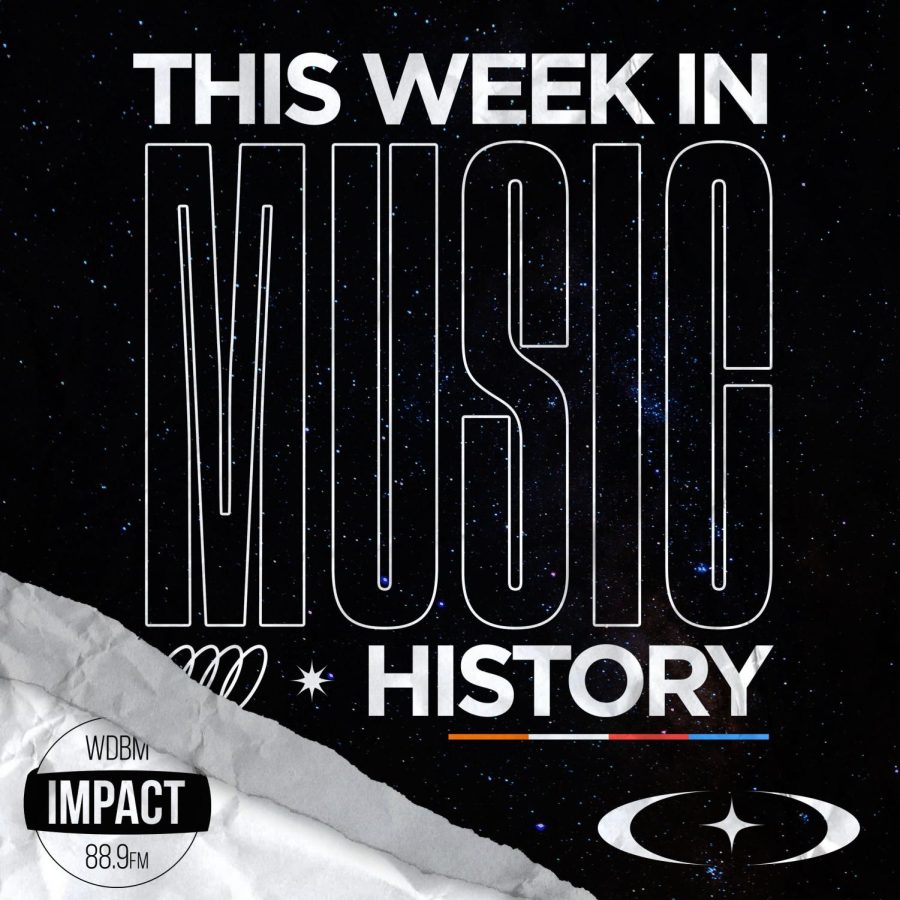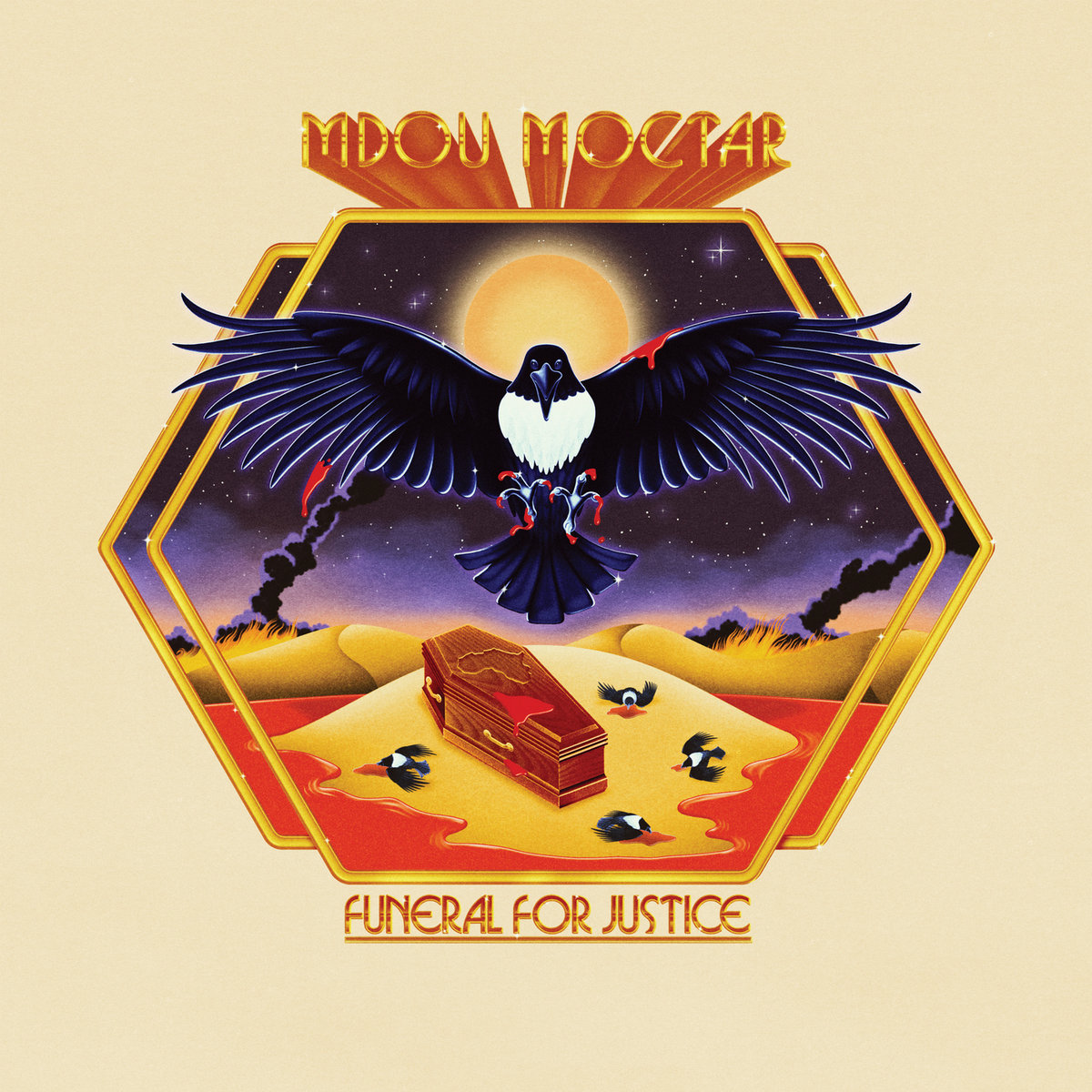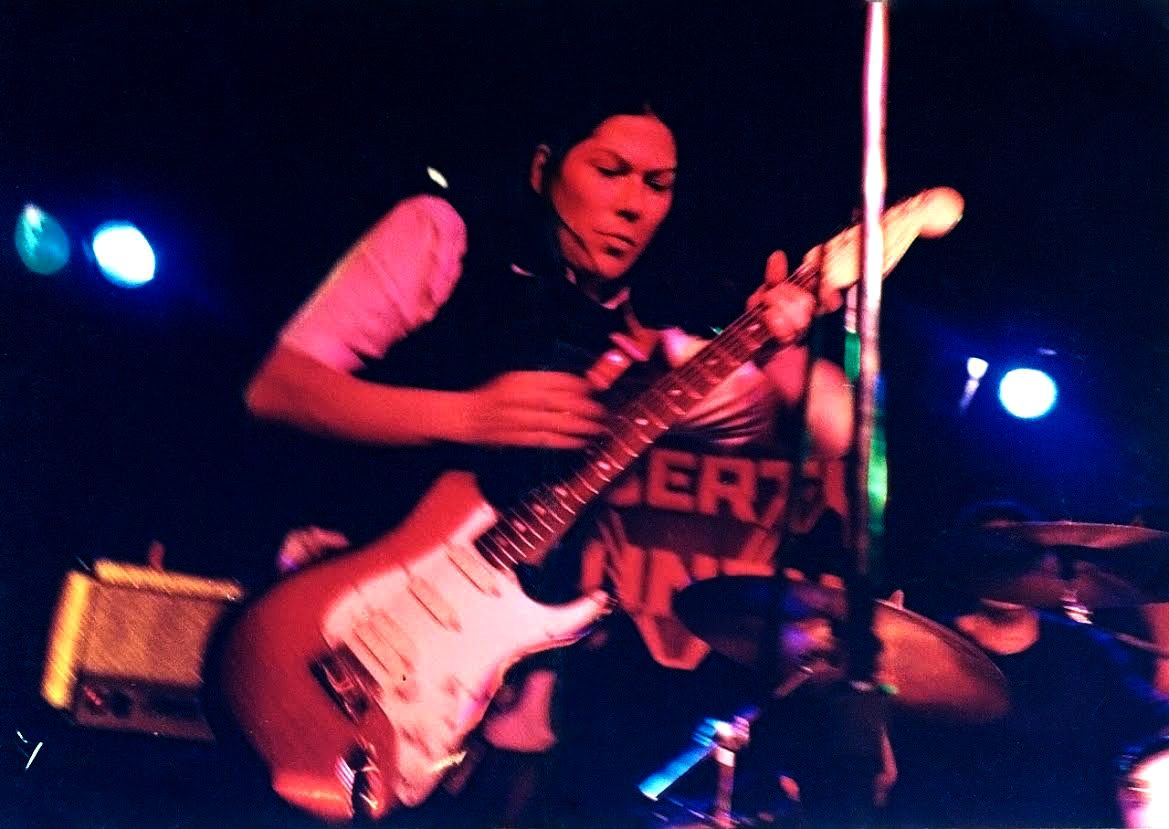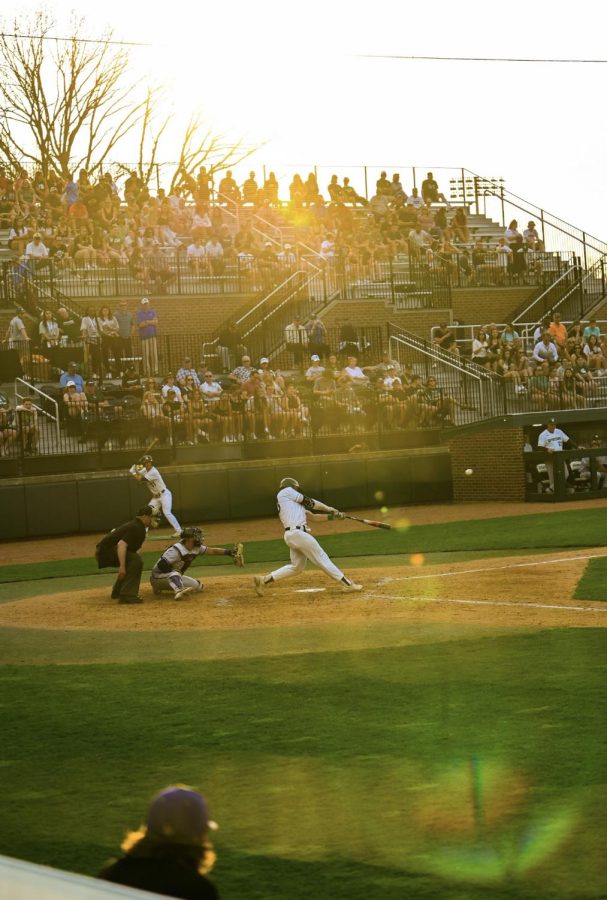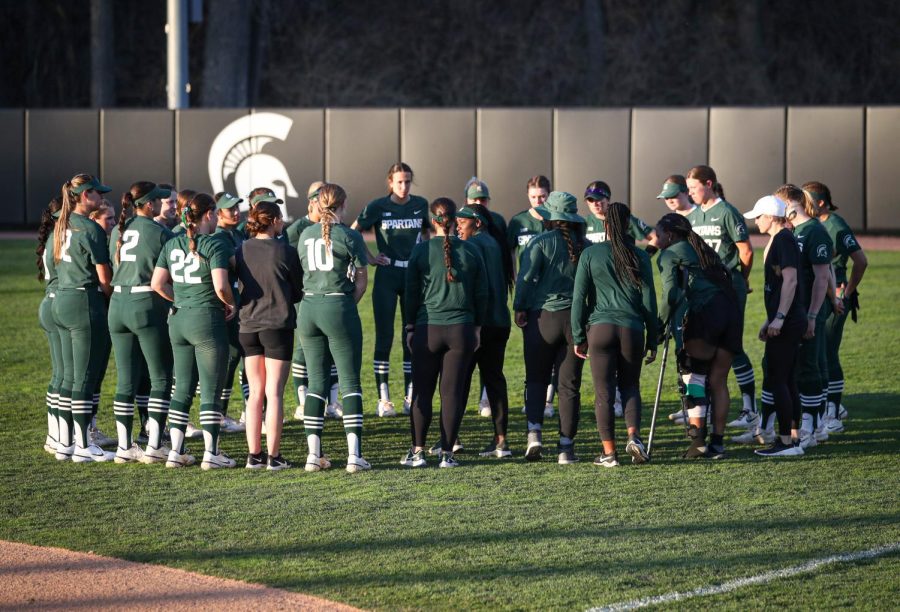This Week in Music History | April 24-29
April 24, 2023
April 25, 1974 saw music help to overthrow a fascist dictatorship. The Carnation Revolution, named as such because there were almost no shots fired and carnations were offered by a restaurant worker to soldiers participating in the revolution, led to the overthrow of the Estadio Novo regime in Portugal. The revolution itself led to the eventual decolonisation of the Lusophone world, and led Portugal to become one of the most stable democracies in Europe.
Two songs were broadcasted on the Portuguese radio to signal the beginning of the operations: “E depois do adeus” by Paulo de Carvalho and “Grândola, Vila Morena” by Zeca Afonso. “E depois do adeus” was already a popular song in the nation, having won the prestigious Festival da Canção in a landslide, and subsequently representing the nation at the Eurovision Song Contest held in Brighton, England. The song didn’t fare nearly as well in Brighton, where it tied for last in the contest as ABBA won for Sweden and Olivia Newton-John represented the UK at home. Zeca Afonso was quite a controversial figure to the Estadio Novo censors, as he was considered to be a communist. While several of his songs were banned by the censors, “Grândola, Vila Morena” was not one of them.
The chief strategist of the coup needed a signal that could be transmitted by radio across the nation to announce the beginning of the operation. Initially, the chief strategist wanted a different song by Afonso, “Venham Mais Cinco,” to be the signal. However, on the advice of a radio host, playing “Venham Mais Cinco,” which was one of many Afonso songs to be censored, wouldn’t be the best idea as it would raise suspicion.
At 10:55 p.m. on April 24, the Emissores Associados de Lisboa — which translates to Lisbon Associated Issuers, a popular radio station located in the Avenidas Novas district of Lisbon — played “E depois do adeus.” This was the signal to synchronize movements across the nation. At 12:20 a.m. the next day, Rádio Renascença — which translates to Radio Renaissance, one of the most popular radio stations in the nation, located in the Campolide district of Lisbon — played the words of “Grândola, Vila Morena.” The song itself was banned from air, but the words themselves were not by some measure. This song was the main signal to launch the operation. The radio stations were not aware of what these songs meant. The coup was a resounding success, and Portugal has remained one of the most stable democracies since, as well as a powerhouse in the musical world.
~Ashe Burr
On April 28, 1982, the California General Assembly gathered for a hearing on “backmasking” in the popular music of the time. “Satanic panic” was sweeping the nation, despite seemingly little actual satanic operation. Allegations and rumors of devil worship were rampant, no one was safe, including Led Zeppelin. “Stairway to Heaven” had the honor of being played forward and backward, and William Yarrol deciphered aloud the “satanic messages.”
Rumors of hidden messages had been gaining traction after an evangelical television special played the song backwards on air. The rumored satanic messages are under the fourth verse, the “If there’s a bustle in your hedgerow” verse. Played backwards the “hidden lyrics” are:
“Here’s to my sweet Satan /
The One whose little path would make me sad, whose power is Satan /
He’ll give those with him 666 /
There was a little tool shed where he made us suffer, sad Satan.”
The proposed backmasking warning law was never passed, and singer Robert Plant would publicly dismiss these claims, as would the band’s audio engineer Eddie Kramer. Luckily “Stairway to Heaven’s” reputation as a rock ‘n’ roll classic precedes its reputation as a satanic anthem, but at least it was probably one of the more fun days at the California General Assembly.
~Claudia Braesch


